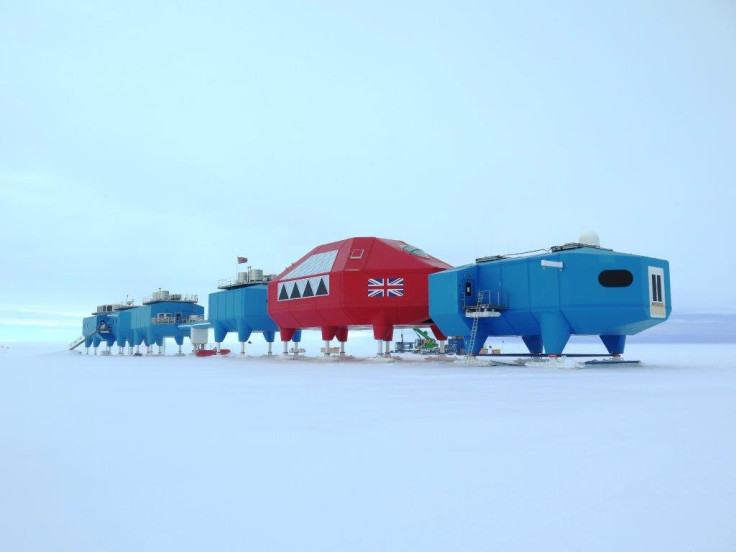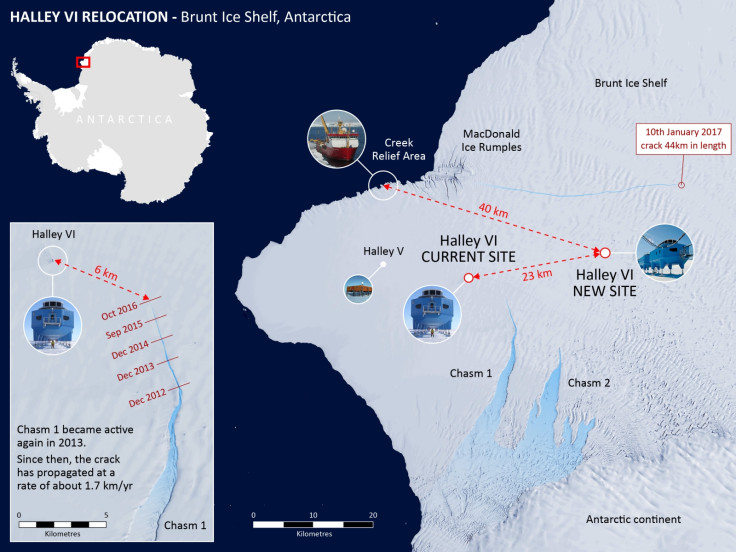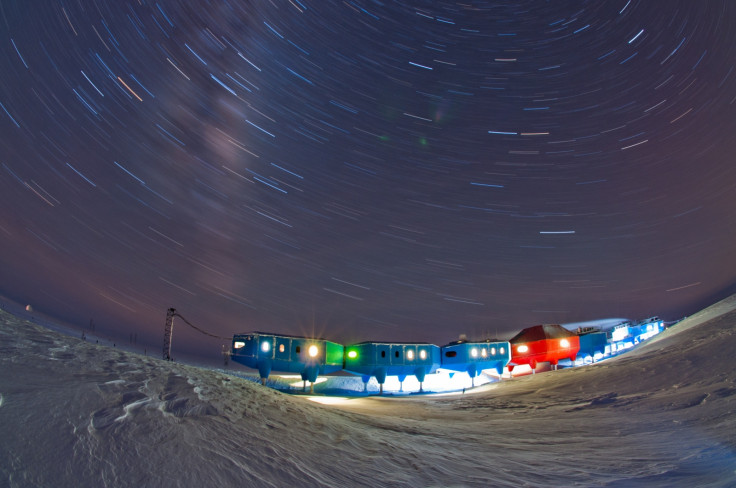Antarctica ice crack forces UK scientists to evacuate and shut down research base
The Halley VI base is being moved to a more secure location on a floating Antarctic ice sheet.
The British Antarctic Survey's Halley VI Research Station is being shut down for winter due to the appearance of a new crack in the Brunt Ice Shelf close to the base.
The presence of a second crack 17km from the station that appeared in October 2016 has led to the BAS evacuating scientists from the station as "a precautionary measure" before the onset of the Antarctic winter.

The Halley VI station was already scheduled to move 23km from its present location to put it a safe distance from a chasm in the ice that started to grow in 2012 after a dormant period of 35 years.
"There is no immediate risk to the people currently at the station, or to the station itself. However, there is sufficient uncertainty about what could happen to the ice during the coming Antarctic winter for BAS to change its operational plans," the BAS said.
The BAS has been monitoring the new crack in the ice shelf using GPS and European Space Agency satellite data, ground-penetrating radar and drone footage. Its scientists said that they could not predict with certainty whether or not the crack would lead to an iceberg calving.
As the site is very hard to access during the Antarctic winter, the organisation's operations team has decided to evacuate staff from the station before weather conditions block off access to the site.
"We want to do the right thing for our people," explains BAS director of operations captain Tim Stockings. "Bringing them home for winter is a prudent precaution given the changes that our glaciologists have seen in the ice shelf in recent months.

"Our goal is to winterise the station and leave it ready for re-occupation as soon as possible after the Antarctic winter."
The Halley VI station sits on the floating Brunt Ice Shelf, which flows at a rate of 0.4 km per year to the sea where it calves off as icebergs.

© Copyright IBTimes 2024. All rights reserved.







